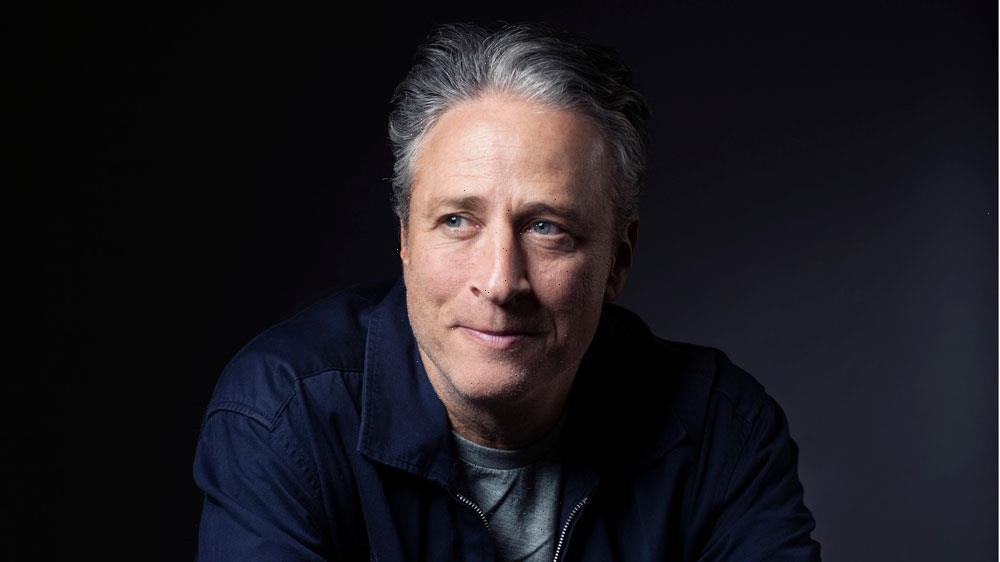The pharmaceutical industry has drawn strong criticism over the past decade for driving up the prices of prescription drugs.
Although Big Pharma executives and supporters argue that these price hikes are necessary in order to sustain research and development (R&D), i.e. innovation to help the development of new medications, not everyone agrees with that rationalization.
According to Rep. Katie Porter (D-CA), the money from increased pricing isn’t being used for the right reasons.
“The facts are very clear: Big pharmaceutical companies spend many multiples more on stock buybacks to line the pockets of their shareholders than they do on reinvesting in their companies in lifesaving cures and diseases,” Porter told Yahoo Finance Presents (video above).
Last year, the congresswoman went viral when she questioned AbbVie (ABBV) CEO Richard Gonzalez about the company’s drug prices.
"Mr. Gonzalez, you're spending all this money to make sure you make money, rather than spending money to invest in, develop drugs and help patients with affordable, lifesaving drugs," she said during the hearing. "You lie to patients when you charge them twice as much for an unimproved drug and then you lie to policymakers when you tell us that R&D justifies those price increases … The Big Pharma fairytale is one of groundbreaking R&D that justifies astronomical prices, but the pharma reality is that you spend most of your company's money making money for yourself and your shareholders."
Porter noted that between 2013 to 2018, just $2.45 billion was spent on R&D while $4.71 billion was spent on marketing and $334 million on executive compensation. Additionally, the company spent $50 billion on stock buybacks, the congresswoman said.
“Everybody should want us to have innovative care, but it doesn’t do any good to develop those drugs if they’re priced out of reach,” Porter said. “More importantly, who does the basic science research that makes breakthroughs — whether it’s cancer drugs or COVID vaccines — possible? It’s us as the federal taxpayers.”
Taxpayers “fund that basic science research, and drug companies have a role to play in bringing it to market,” she added. “But there simply is no set of facts that supports that allowing the government to negotiate drug prices would reduce innovation. If anything, having a more competitive market would put a premium on companies who do put the profits that they earn back into inventing the next product, rather than excess profit price gouging going to line their shareholders’ pockets.”
AbbVie is the manufacturer behind two names that had some of the biggest price jumps over the past decade, according to NiceRx’s 2022 Prescription Drug Report.
Humira, a medication used to treat autoimmune conditions like Crohn’s Disease and arthritis, cost $1,940. That number shot up to $7,293 in January 2022, a 155.9% increase. Creon, a medication for exocrine pancreatic insufficiency, increased by 223.8% in that same time period.
Other pharmaceutical companies have also marked up their prescription drug prices significantly within the last 10 years. Two types of insulin, both manufactured by Eli Lilly (LLY), are among the top 10 drugs with the biggest price increases. Humulin saw the biggest price hike, rising 1,070.1% from $67 in 2012 to $1,512 in 2022.
Adriana Belmonte is a reporter and editor covering politics and health care policy for Yahoo Finance. You can follow her on Twitter @adrianambells and reach her at [email protected].
Read the latest financial and business news from Yahoo Finance
Follow Yahoo Finance on Twitter, Instagram, YouTube, Facebook, Flipboard, and LinkedIn
Source: Read Full Article



